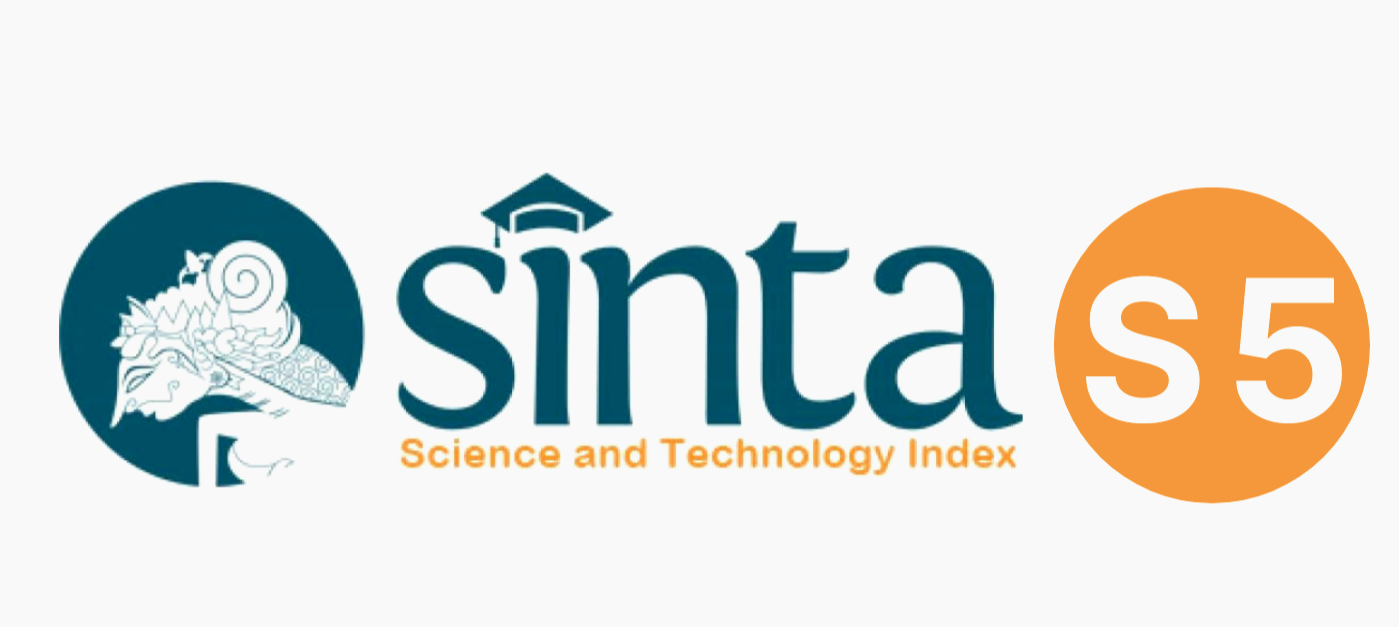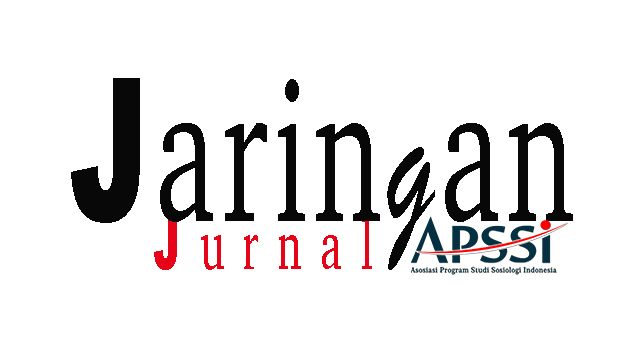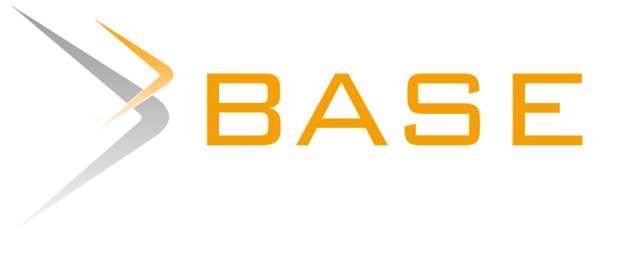Stigma Masyarakat terhadap Mantan Pengguna Narkoba di Kelurahan 24 Ilir Palembang
 Abstract: 299
/
Abstract: 299
/  Abstract: 1049
Abstract: 1049
DOI:
https://doi.org/10.47753/je.v6i2.110Keywords:
Stigma, Society, Former drug usersAbstract
Stigma is experienced by former drug users who live in Kelurahan 24 Ilir Palembang. The occurrence of stigma due to the views and responses given by the community to former drug users. The object of this research is the community residing in Village 24 Ilir Palembang that has met the criteria for determining informants. The purpose of this study was to find out and understand the stigma of society towards former drug users in Kelurahan 24 Ilir Palembang and was studied using the stigma theory from Erving Goffman. This research was conducted by qualitative method with qualitative descriptive type. The main informants in the study numbered eight people and the supporting informants were three people. The data collection techniques performed in this study are with in-depth interviews, observations and documentation. The results showed that stigma comes from people's assessment of former drug users in the environment, which is then interpreted by society to be stigmatised. In Kelurahan 24 Ilir Palembang there are former drug users who have varied ages and jobs, the factors that encourage drug use are divided into two, namely social and occupational environmental factors. While users who have stopped using drugs due to several factors such as having been rehabilitated, stopped on their own will or have a family. The stigma process that occurs in Kelurahan 24 Ilir Palembang starts from the association of former drug users to their environment, after which there is a public opinion about former drug users, then there is a stigma received by former drug users. The form of stigma in Kelurahan 24 Ilir Palembang is divided into four, namely former users feel blamed by the surrounding environment or feel viktimization, gossiped, ridiculed and a positive form that is given advice.References
Badan Narkotika Nasional. (2019a). Indonesia Drugs Report 2019. Pusat Penelitian, Data, dan Informasi BNN. https://ppid.bnn.go.id/konten/unggahan/2020/10/IDR-2019-Oke-Bangeut.pdf
Badan Narkotika Nasional. (2019b). Press Release Akhir Tahun Kepala BNN: “Jadikan Narkoba Musuh Kita Bersama!†BNN.Go.Id. https://bnn.go.id/konten/unggahan/2019/12/DRAFT-LAMPIRAN-PRESS-RELEASE-AKHIR-TAHUN-2019-1-.pdf
Castro, A., & Farmer, P. (2005). Understanding and Addressing AIDS-Related Stigma: From Anthropological Theory to Clinical Practice in Haiti. American Journal of Public Health, 95(1), 53–59. https://doi.org/10.2105/AJPH.2003.028563
Corrigan, P. W., & Rao, D. (2012). On the Self-Stigma of Mental Illness: Stages, Disclosure, and Strategies for Change. The Canadian Journal of Psychiatry, 57(8), 464–469. https://doi.org/10.1177/070674371205700804
Goffman, E. (1963). Stigma: Notes on the Management of Spoiled Identity. Prentice Hall, Inc. EngleWood cliffs, N.J United.
Goffman, E. (1990). Stigma Notes on the Management of Spoiled Identity. Prentince-Hall Inc., Englewood Cliffs.
Hariyanto, B. P. (2018). Pencegahan Dan Pemberantasan Peredaran Narkoba Di Indonesia. Jurnal Daulat Hukum, 1(1), 2634. https://doi.org/10.30659/jdh.v1i1.2634
Koentjaraningrat. (2015). Pengantar Ilmu Antropologi. Rineka Cipta.
Putra, A. Y. (2019, October 29). 79 Kilogram Sabu Asal Malaysia Gagal Beredar di Sumsel. Kompas.Com. https://regional.kompas.com/read/2019/10/29/15054761/79-kilogram-sabu-asal-malaysia-gagal-beredar-di-sumsel
Rahayu, S. T. (2016, October 19). Kawasan Gandus dan 13-14 Ilir Palembang Paling Rawan Peredaran Narkoba. Tribunnews.Com. https://www.tribunnews.com/regional/2016/10/19/kawasan-gandus-dan-13-14-ilir-palembang-paling-rawan-peredaran-narkoba
Saputra, I. (2017). AKTUALISASI NILAI PANCASILA SEBAGAI KUNCI MENGATASI PENYALAHGUNAAN NARKOBA DI INDONESIA. Jurnal Pancasila Dan Kewarganegaraan, 2(2), 26–35. https://doi.org/10.24269/v2.n2.2017.26-35
Scheid, T. L., & Brown, T. N. (2009). A Handbook for the Study of Mental Health. Cambridge University Press. https://doi.org/10.1017/CBO9780511984945
Sopacua, M. G. (2015). Viktimisasi dalam Proses Peradilan Pidana (Studi Kasus Perkosaan). Jurnal SASI, 21(2), 10–16. https://fhukum.unpatti.ac.id/jurnal/sasi/article/view/182
Suryawati, S., Widhyharto, D. S., & Koentjoro. (2017). UGM Mengajak: Raih Prestasi Tanpa Narkoba. UGM Press.
Tejokusumo, B. (2014). Dinamika Masyarakat Sebagai Sumber Belajar Ilmu Pengetahuan Sosial. Geo Edukasi: Jurnal Penelitian Dan Pengembangan Geografi, 3(1). http://jurnalnasional.ump.ac.id/index.php/GeoEdukasi/article/view/588
Yuniarto, N. I. (2020, January 29). BNNP Sumsel Rehabilitasi 939 Pecandu Narkoba Sepanjang 2019. INewsSumsel.Id. https://sumsel.inews.id/berita/sepanjang-2019-bnnp-sumsel-rehabilitasi-939-pecandu-narkoba
Zubaidah, S. (2011). Penyembuhan Korban Narkoba Melalui Terapi dan Rehabilitasi Terpadu. IAIN Press.
Downloads
Published
Issue
Section
License
Articles published in Jurnal Empirika are licensed under the International License of Creative Commons Allowance-ShareAlike 4.0. The author is free to use any media to copy, change, or redistribute the paper, provided the author gives credit to the original author and this journal, links to the license, shows if modifications have been made, and redistributes it in the same permission. The author grants the right to any third party to use their posts following the Creative Commons Attribution-Share Alike International 4.0.











